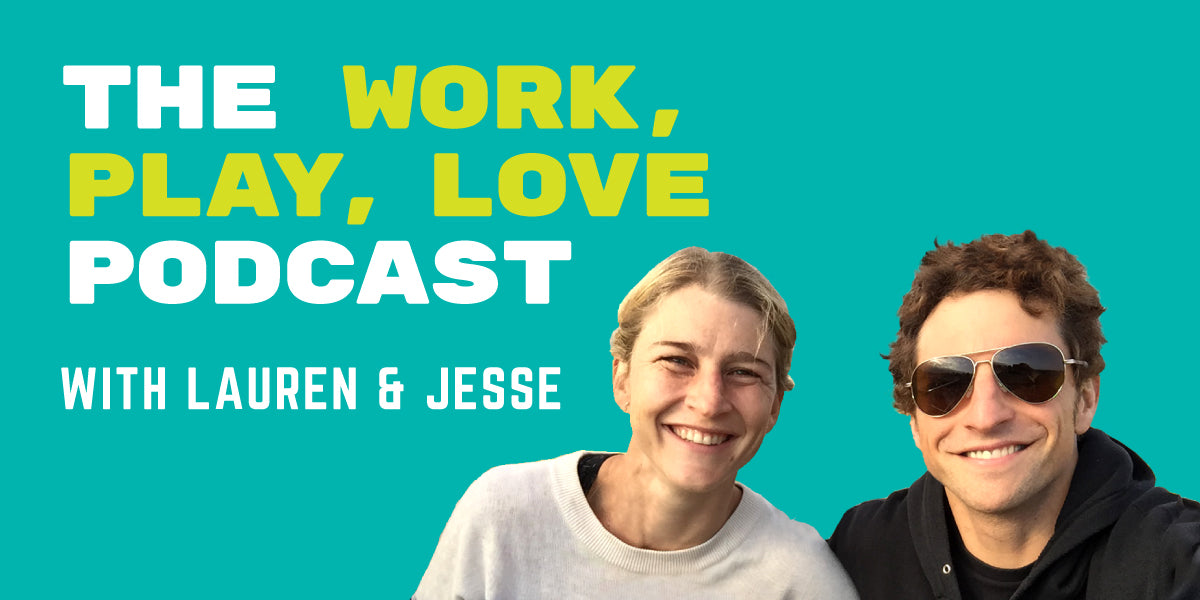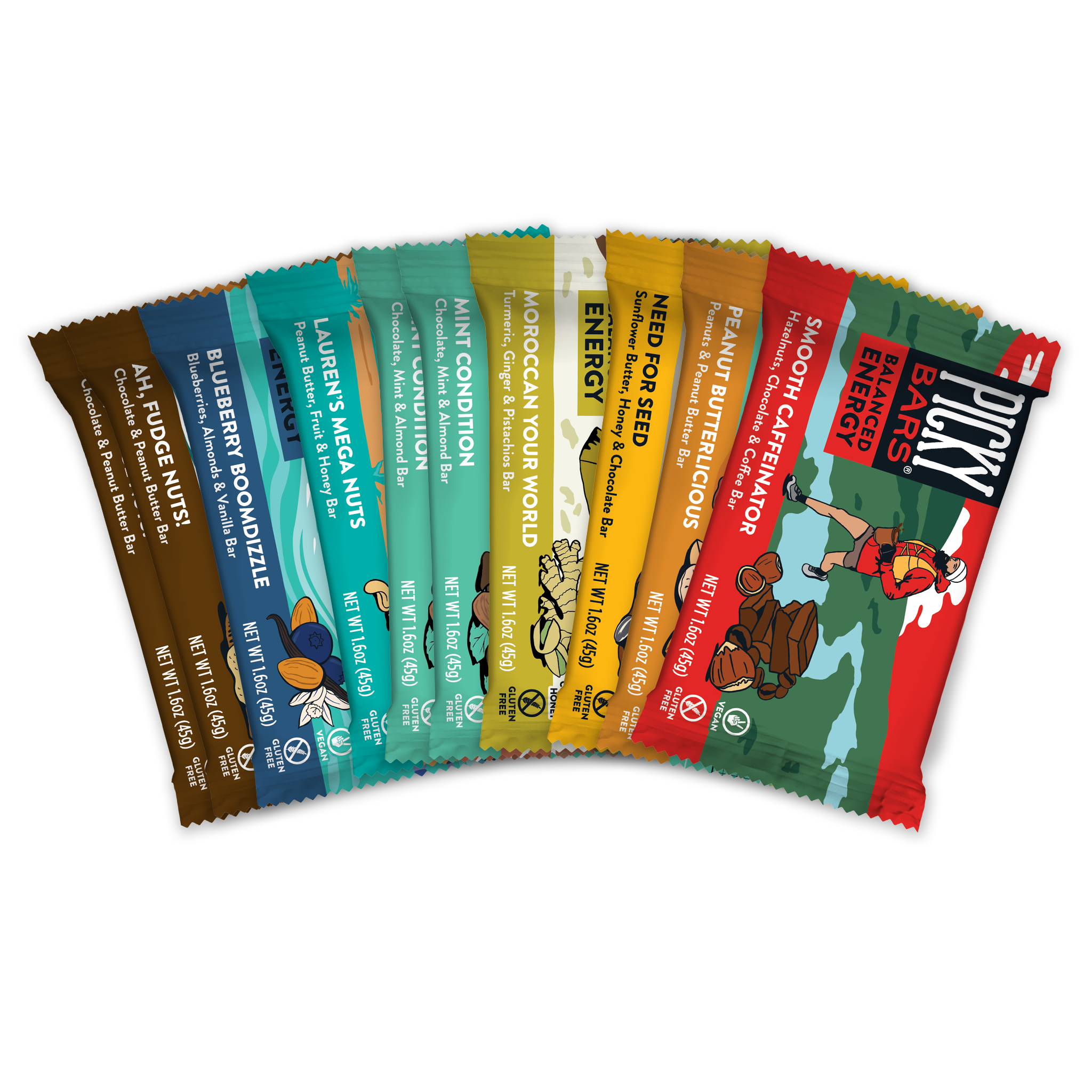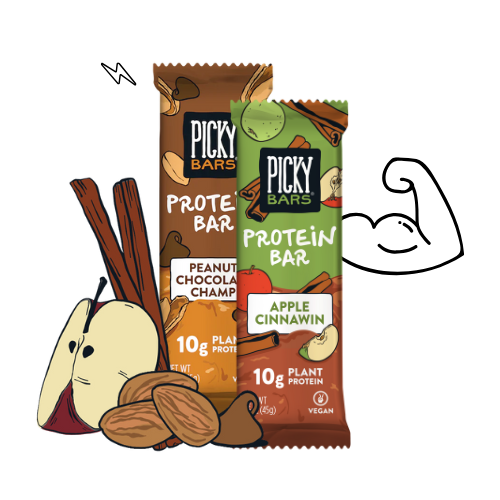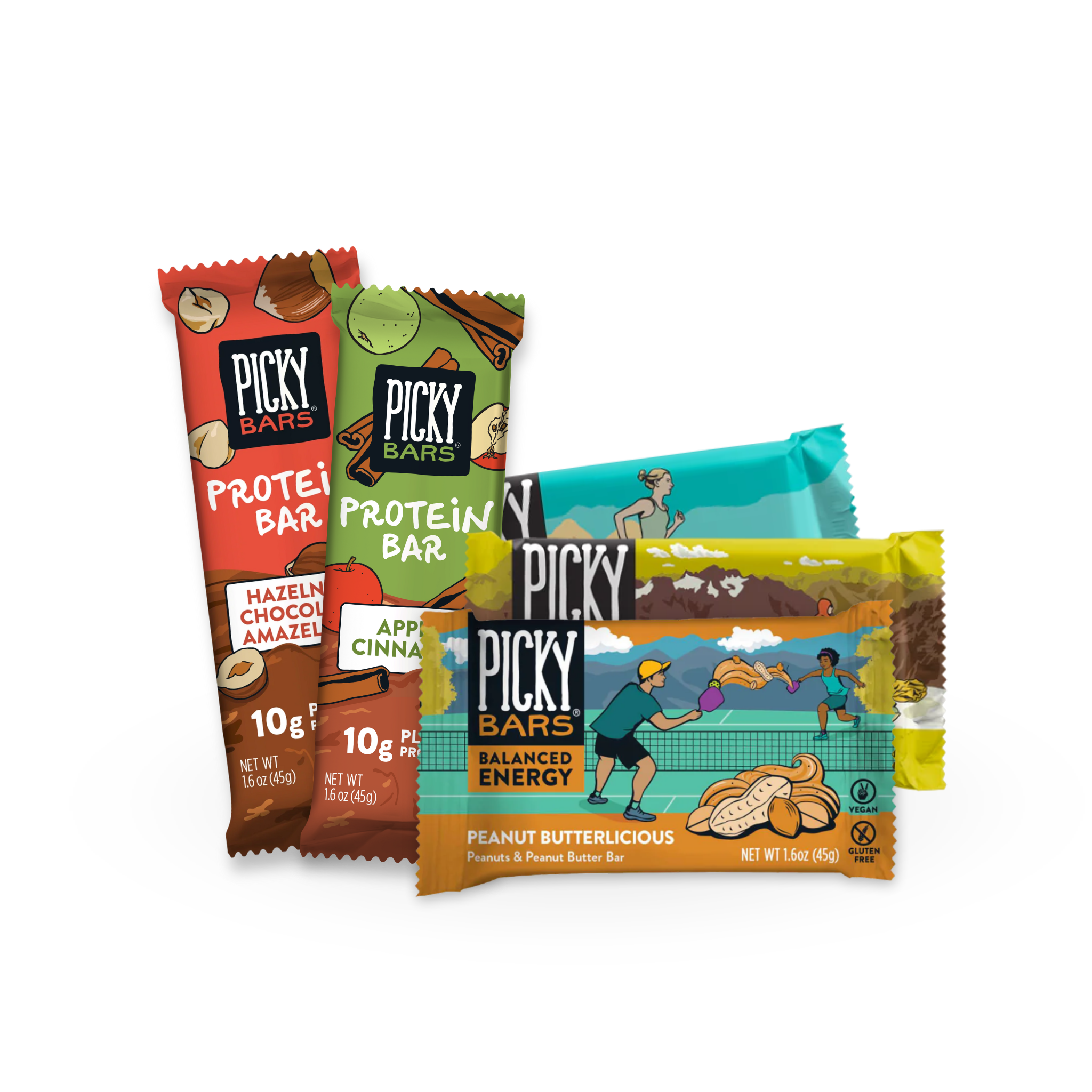

· By Sarah Conklin
28: Metrics, Sport Niche, Slow Down!
Juggling work-life balance can be a real three-ring circus, which Lauren & Jesse know first hand. Led by listener questions, this new podcast is all about sports, biz, and family. [ASK YOUR QUESTION]
28: What training metrics to use (and when), Growing a niche sport, Asking your partner to slow down
iTunes | Spotify | Google Play | Stitcher
Description:
It’s a new year and Lauren and Jesse are back in action. They catch you up on what’s been going on since the end of 2018, and talk about what they’re looking forward to in 2019. Lauren’s been writing more, and as a result she’s already seeing herself change through the process. Meanwhile, Jesse’s happy to get back to work after a really fun winter break with family, including a grand finale bouncy-castle blowout with Jude. On today’s show your questions include: what training metrics (like heart rate, power, etc.) are important to use, and when should you use them? Should we try to grow niche sports as a niche-sport community? And should I encourage my partner to go slower?!
14:46 – Lightning Round
What are your personal favorite Picky Bars?
When is the schedule for the 2019 Wilder Retreat going to be out?
L: The schedule will be out (probably) before Jan 28. We’re looking at Memorial Day weekend again, and also in mid-September. If you want to know as soon as the news is out, sign up for our newsletter at Wilderrunning.com
What’s a good running-physiology book for dummies?
L: Peak Performance by Brad Stulberg and Steve Magness (Amazon, Audible). And The Lore of Running by Tim Noakes.
What will you do with all of your “bad” product that you talk about in your 2018 CEO wrap-up?
J & L: We will end up donating the bulk of the product to shelters, or giving the product away to people who otherwise wouldn’t be likely to buy Picky Bars. But first, we’re working to re-coup our costs through things like insurance—so we’re holding on to the product for now.
22:22 – The Meat & Potatoes
How do you define workout parameters for yourselves and for the athletes you coach? How does data like VO2-max and lactate-threshold guide your training? When do you use perceived effort (qualitative) vs. metrics (quantitative, like HR, pace, etc.) to set targets or caps?
J: The metrics I use are pace on the run and in the pool, power on the bike, and then heart rate at times for the bike and the run. I do use metrics to set targets for each workout that I do, but I give myself a broad range. Mentally, psychologically, it’s better if I have some flexibility. If I go out on a ten-mile tempo run, I might aim for 5:40/mi. pace. But if it’s cold, or I don’t feel great, or the terrain is tough, I’m fine with running behind than that pace. The same is true if I’m feeling great—I allow myself to achieve faster times. Mostly, I use metrics to cap myself when I need to go slow during a workout. I’ll cap myself at a certain heart rate on a bike ride. So it’s more of an output limiter than a minimum-performance threshold.
L: We use pace regularly as one of the metrics we closely follow in workouts. If you’re trying to qualify for the Boston Marathon, or qualify for an Olympic team, you need to achieve certain results. And that breaks down to a certain pace. We’ll also use a nice healthy mix of effort-based training.
When it comes to tempo runs, we mostly use heart rate. Tempo runs are supposed to buffer lactate and keep you in the aerobic zone as long as possible. They’re not supposed to tap into your anaerobic system. So we measure heart rate to make sure we’re getting our tempos completed in the appropriate HR zone.
Should we try to grow niche sports as a niche-sport community? As business owners, accomplished participants of your sports, and ambassadors of your sports to the public, do you believe the direction of your sport must always be directed upward rather than simply forward? What positive attributes might niche sports possess by existing on the cultural margins, rather than the center?
L: I think about business so much when I hear this question. At Picky Bars, we think about this a lot—how do we sell more Picky Bars? Do we focus on customers outside of our bullseye (track and field, cycling, etc.)? Or do we try to capture more people in our bullseye and serve them even better? I think it’s very much the same with growing a sport. And for me, 80-90% of my energy is going to be focused on serving our fans in the best way possible. Then the next 10-20% I would spend on outreach—not the other way around.
J: I think the differentiator between a mainstream and niche sport is television viewership. Can the sport be produced and watched on TV? I think that’s an uphill battle for track and field and triathlon simply due to the nature of those sports. I agree with Lauren—we should care about growing our sports. And we should focus on the true fans of the sport and make sure they’re having a great experience as spectators.
47:23 - Should I encourage my boyfriend to go slower? My boyfriend recently started running (yay!). But in my opinion as a lifelong runner, he’s trying to go way too fast to start. And as a result, he doesn’t really like running. Should I try to convince him to slow down? Or should I let him figure out all of this stuff on his own?
L: This reminds me of whenever I try something new. My adrenaline’s pumping, I have so much fun, but I usually hit a wall. The first time I went out on my road bike with Jesse, I rode way too hard and burned myself out after 60 minutes (of a 90 minute ride). If you can find a way to say something to your boyfriend and keep it kind of funny, that might be a good way to approach it. Other things you could try: interval training to force slower speeds, or tell your partner you want to keep your pace slow for you on a particular run.
J: Go find a friend of his, and tell the friend to tell him! But seriously I think it’s important to tell your partner that they need to understand the difference between a hard day and an easy day. It’s also important to tell your partner that he needs to run consistently for six weeks, and then decide if he likes it or not. That’s about the amount of time that it takes to get into a flow.
52:46 –Follow-ups:
What to do if your significant other isn’t as into sport as you are? A listener writes in with these tips:
- Have an honest conversation with yourself about what you want out of your sport, and determine what you really need to achieve those things.
- Have an honest conversation with your partner where they can share their feelings guilt-free, so that you can find a way to have your relationship benefit from your goals rather than suffer.
- Have an honest conversation with yourself about how much time you can really commit to your sport vs. your work and your relationship.
- Begin planning your workouts around the time you want to spend with your partner.
- Take a look, and see if there’s a way to train with your partner. Instead of a four-hour bike ride alone, can you do a physical activity with your partner that works for you both, like a four-hour hike?
Lastly, in a previous episode, Jesse talked about how he says “noooice!,” instead of “nice,” and it drives Jude crazy. And even though he thought he invented it, some other funny people seem to like the word, too. Check out this Key and Peele skit. It’s pretty noice.
As always, submit your work/play/love question at pickybars.com/workplaylove - Thanks for listening!






